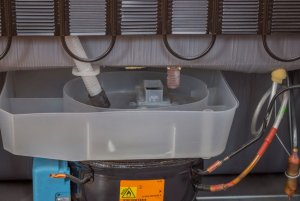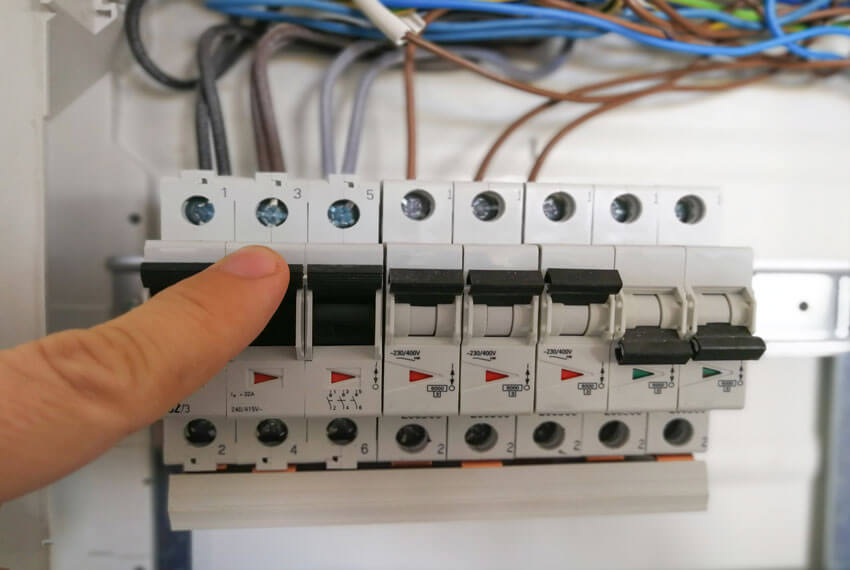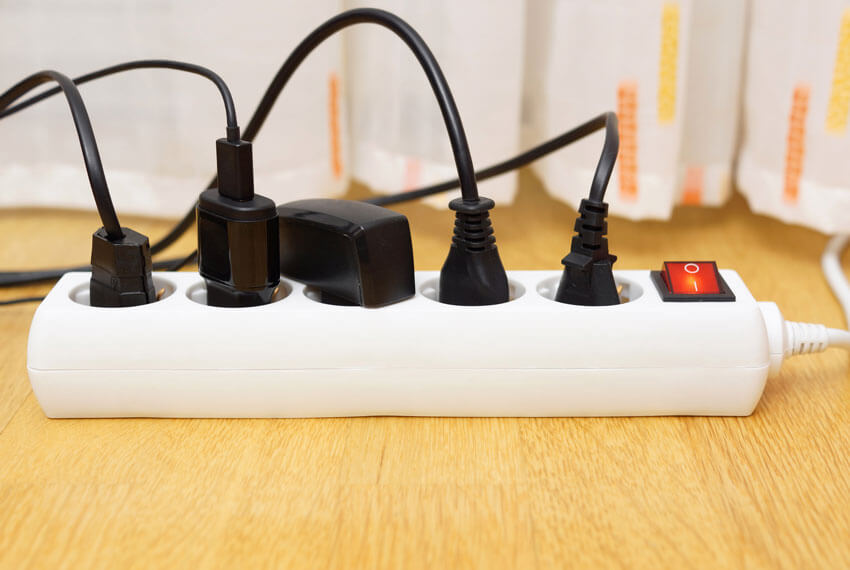Have you ever come into work to find your refrigerator has failed and your stock destroyed? Whether you are a hospitality or medical professional, this dilemma could cost you hundreds or thousands of dollars in restocking and lost sales.
But what if there was a way to prevent this situation from happening? In this article, we discuss the various reasons for fridge failures and some possible solutions.
Mechanical Failure
The most common cause of fridge failure is mechanical fault. Fridges, freezers and cool rooms have a lot of moving parts that are in continually in use as well as gas under pressure. It is essential to service the refrigerator at least once a year to ensure that breakdowns do not occur.

Electrical Failure
No matter how often you service your fridge, it’s not going to work without power. Power outages are most common during storms and strong winds when power lines are at most risk of damage, but surges, spike and outages can occur at any time. Your fridge or freezer’s power supply should be protected by a surge protector. To guard against power outages, you can invest in an Uninterruptable Power Supply (UPS).
Human Error
Another cause of fridge failure is human error. There is a multitude of ways this can occur, for example, turning off power outlets which are in use. It is best to follow a cord from an outlet and identify the connection, before unplugging or switching off the power supply. To prevent this from happening to your refrigerators, highlight the outlet used for the fridge with a note, writing, or anything else visual to minimise this chance of this happening.
Another common cause of fridge failure is accidentally dislodging the power cable. When moving the refrigerator, let’s say to grab an object which has fallen behind the unit, ensure the lead does not tug out from its outlet. Ensure the fridge is placed in an area which restricts movement from behind, to avoid people kicking out the cable (hey it happens!) and avoid leaving objects on the fridge.
Another cause of high fridge temperatures is leaving the door open. When restocking, always do a double-check and ensure the door seals shut. You do not want to be responsible for wasting hundreds or thousands of dollars’ worth of stock (not something you can put on your resume).
Overstocking
Have you ever overestimated your refrigerator’s storage capacity? This situation frequently transpires when medical professionals order new vaccines during influenza seasons, or when head chefs are preparing for holidaymakers to visit their establishment. Filling your refrigerators to every nook and cranny can create issues with airflow inside the refrigerator leading to higher temperatures or frost accumulating – leading to freezing temperatures. If you are noticing your fridge is quite full, purchase an additional fridge to grow your storage capacity to avoid having a cold chain breach and throwing out everything. The benefit of having an extra refrigerator is if one fails, the other substitutes for keeping stock safe.


To Summarise
A fridge failure can be a major setback for a business. The money and time wasted to restock and turn away customers is infuriating and damaging for the reputation. A suitable solution to avoid scenarios such as this is to invest in a wireless temperature logger. These devices can alert users when a problem is detected with the fridge, usually indicating a fault of some kind. Temperature loggers will check the temperatures periodically and report the status of the fridge back to the user.
The key notes are
- Ensure your refrigerator gets serviced periodically.
- Place safeguards for power outages.
- Call attention to power outlets used by refrigerators.
- Place the refrigerator in a safe and isolated area.
- Seal the refrigerator when closing and do a double check to guarantee.
- Don’t overstock refrigerators.
- Invest in a wireless temperature logger.
